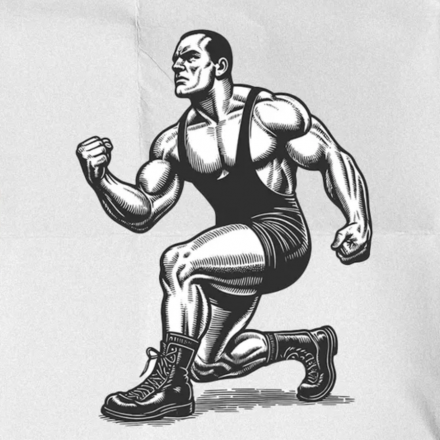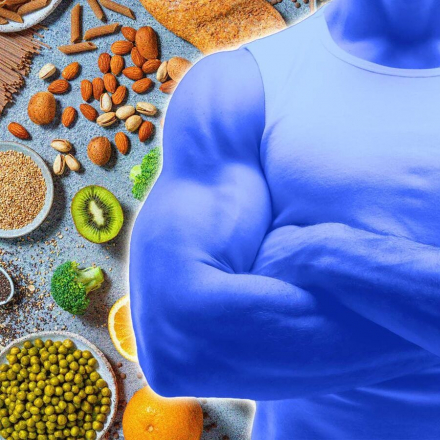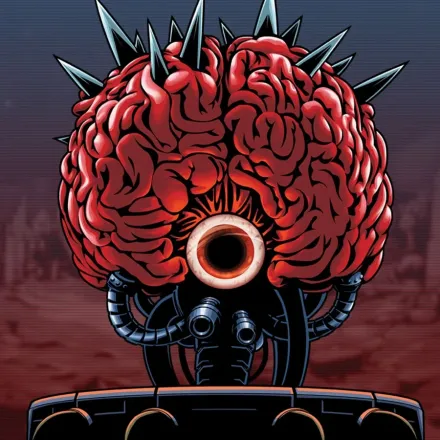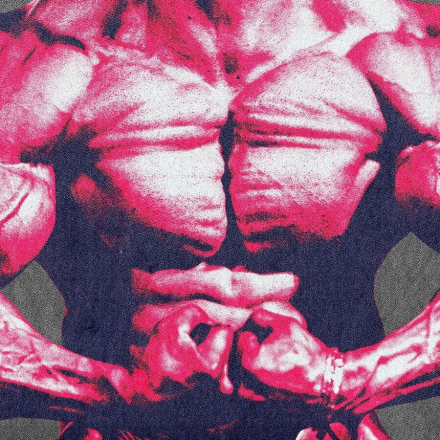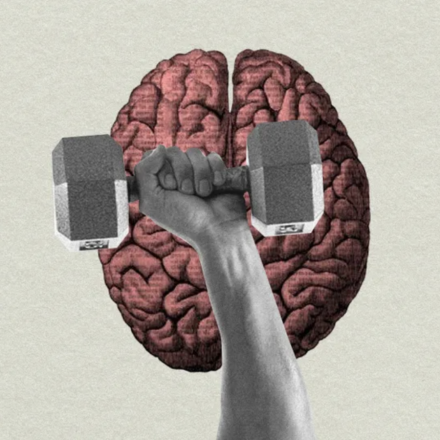Men who regularly hit the gym often encounter conflicting opinions about sports supplements. One of the most talked-about products is protein, which has spawned many myths. Let’s break down some of these to understand whether protein is truly our friend or if it poses a danger.
Myth 1: Protein Causes Uncontrolled Muscle Growth
There’s a stereotype that consuming protein leads to a rapid gain in massive muscle mass. This scares those who don't aim for a bulky physique and fear imbalances, like when biceps grow while chest muscles lag behind. In reality, protein isn’t a magical elixir that automatically increases the size of all muscles. It simply provides the body with the necessary building materials for the muscles you actively work on in the gym.
Myth 2: Protein Is Only Needed on Workout Days
Some people believe that protein should only be consumed on workout days. This misconception can lead to disappointment in the results. The truth is, muscles continue to recover and grow even after a workout, and this process can last several days. To achieve optimal muscle growth, it’s important to regularly supply them with the necessary nutrients, not just on the days you exercise.
Myth 3: Protein Is Harmful Chemistry
Another popular misconception is that protein is supposedly harmful chemistry that can negatively impact health, including causing impotence or disrupting the endocrine system. It’s important to distinguish between steroid drugs, which can indeed be dangerous, and regular dietary supplements like protein. Quality protein contains neither steroids nor hormones. It doesn’t harm the kidneys or liver if consumed wisely and with a doctor’s consultation in the case of chronic diseases.
Protein is not an enemy but an important ally in achieving your fitness goals. However, as with any product, it should be consumed wisely and knowledgeably. By debunking popular myths, you can make the most of this valuable protein source for your health and athletic achievements.









